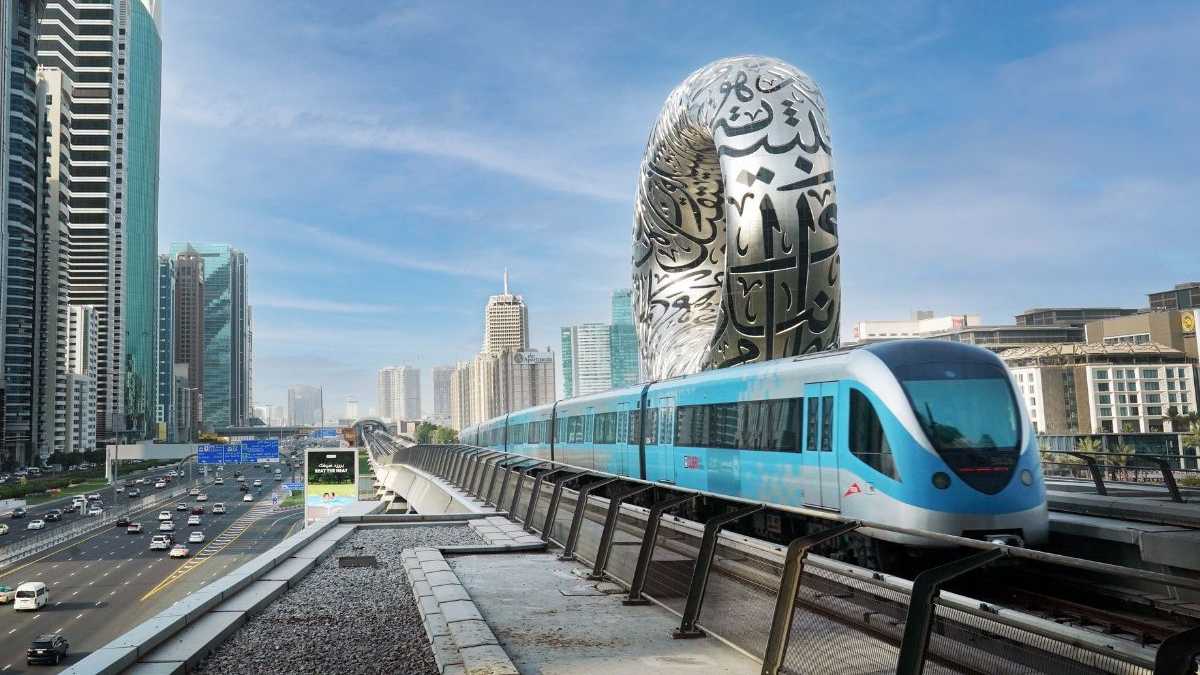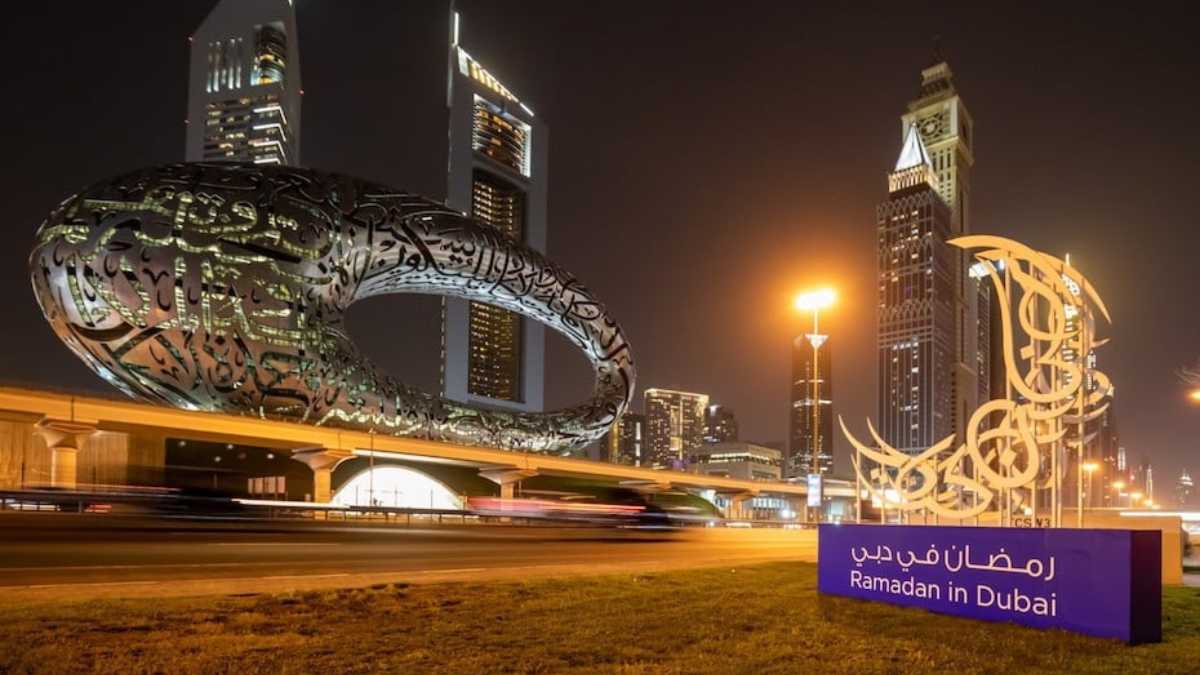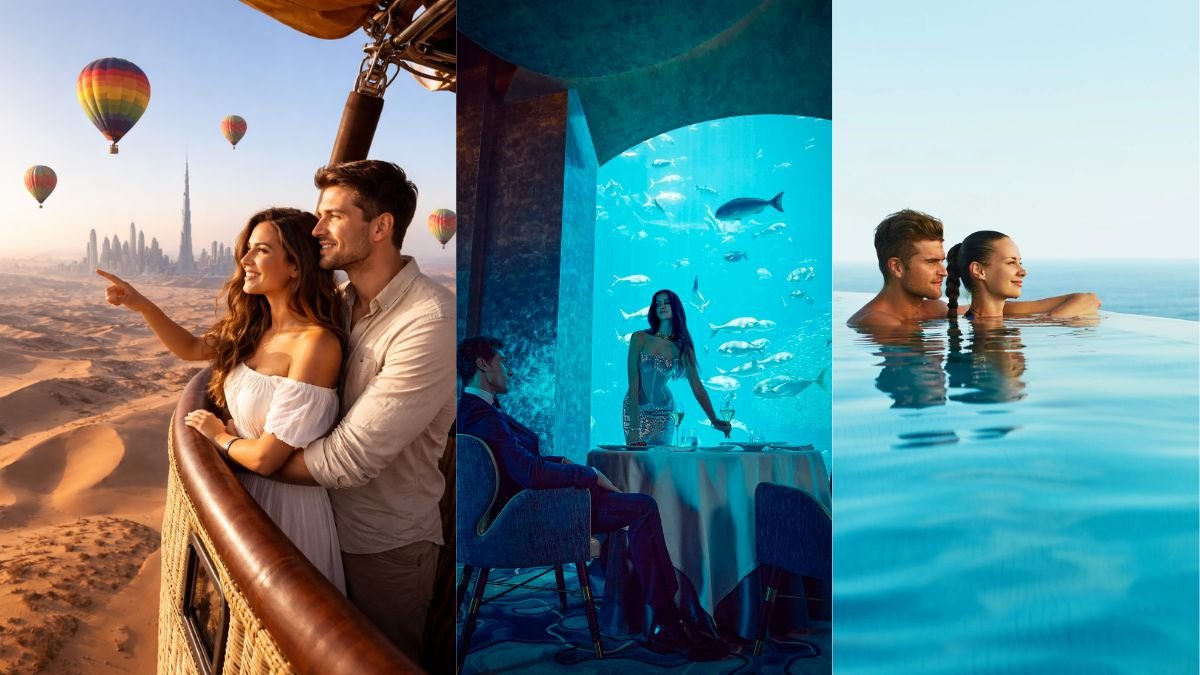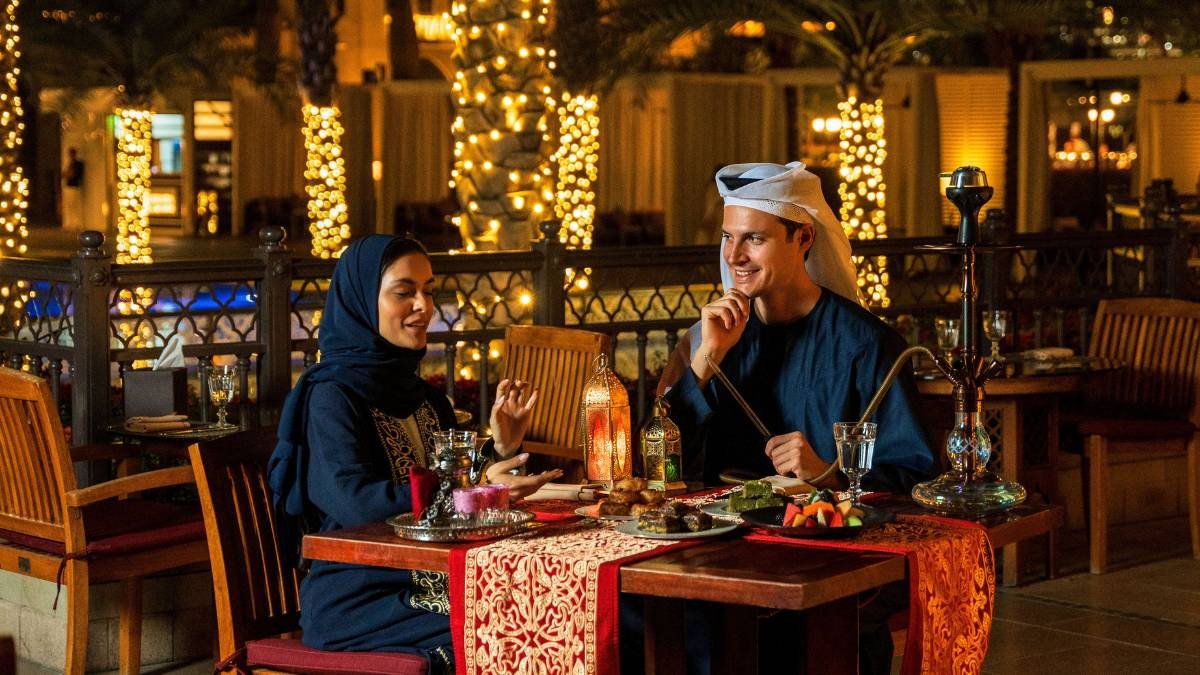In the bustling metropolis of Dubai, the landscape of public transportation and shared mobility is rapidly evolving. With an ever-increasing population and a commitment to sustainability, Dubai has witnessed significant growth in ridership across various modes of transportation. The city is paving the way for a more connected and efficient transportation network, from the iconic Dubai Metro to innovative shared mobility solutions.
The Rise of Public Transport Ridership
Dubai’s Public Transport Milestones
Dubai’s journey towards enhancing public transport began with ambitious projects like the Dubai Metro, the world’s longest driverless metro network. These initiatives have transformed the city’s transportation landscape, spanning 90 km and complemented by the Dubai Tram and extensive bus routes.
Key Drivers of Increased Ridership
Factors such as population growth, urban expansion, and infrastructure development have contributed to the surge in public transport ridership. Additionally, concerted efforts by the Roads and Transport Authority (RTA) to promote sustainable transportation options have played a pivotal role in encouraging residents and visitors to opt for public transit.
Dubai Metro: A Beacon of Public Transport
The Dubai Metro symbolises efficiency and convenience, attracting the largest ridership share among public transport modes. With strategic expansions like the upcoming Dubai Metro Blue Line project, the RTA aims to further enhance connectivity and accessibility across the city.
Expanding Public Transport Network
Dubai Metro Blue Line Project
The eagerly anticipated Dubai Metro Blue Line project is poised to revolutionize public transit in Dubai. Spanning 30 km and featuring 14 stations, including vital interchange stations, this project aligns with Dubai’s Urban Master Plan 2040 to accommodate future demographic growth.
Integration and Connectivity
One of the key objectives of the Dubai Metro Blue Line is to seamlessly integrate with existing metro lines, offering commuters efficient connections between major destinations. With direct links to Dubai International Airport and key urban areas, the new line promises shorter travel times and enhanced accessibility.
Anticipated Benefits
By alleviating traffic congestion, reducing carbon emissions, and promoting sustainable urban development, the Dubai Metro Blue Line project is poised to revolutionize transportation in the city. With shorter commute times and improved accessibility, residents and tourists alike stand to benefit from enhanced mobility options.

Dubai Metro: Redefining Urban Mobility
Ridership Trends and Statistics
The Dubai Metro has emerged as the preferred mode of transit for millions of passengers, with ridership on the Red and Green Lines witnessing steady growth. Interchange stations like Burjuman and Union Stations have become bustling hubs, catering to the diverse transportation needs of commuters.
Popular Metro Stations
Iconic stations such as Al Rigga, Mall of the Emirates, and Burj Khalifa/Dubai Mall witness significant footfall, serving as vital nodes in Dubai’s public transport network. The strategic placement of these stations ensures accessibility to key commercial, residential, and leisure destinations.
Diverse Modes of Shared Mobility
Evolution of Shared Mobility
In tandem with traditional public transport, Dubai has embraced innovative shared mobility solutions to cater to diverse passenger preferences. From e-hail services to smart car rentals, these options offer flexibility, convenience, and affordability to commuters across the city.
Rising Popularity of Shared Mobility
Shared mobility means have witnessed exponential growth, with e-hail, smart car rental, and Bus-On-Demand gaining traction among residents and tourists. As Dubai embraces a multi-modal approach to transportation, shared mobility solutions are poised to play a pivotal role in shaping the future of urban mobility.
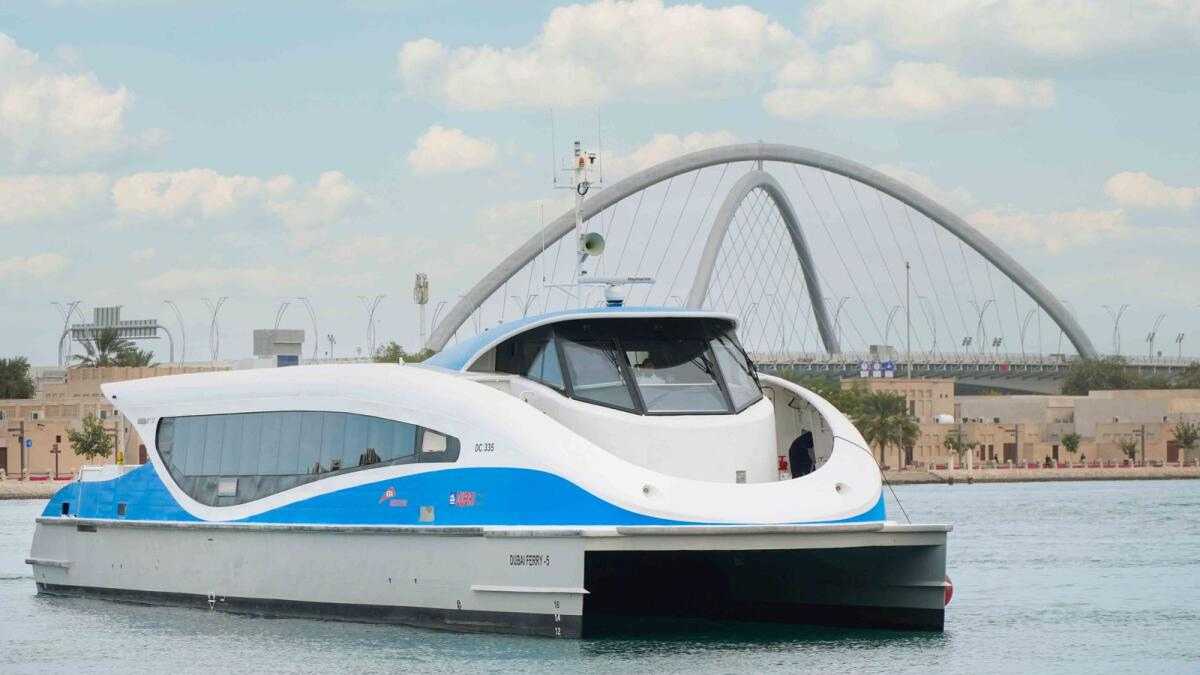
Embracing Sustainability and Efficiency
Impact on Urban Mobility
The proliferation of public transport and shared mobility reflects Dubai’s commitment to sustainable urban development and environmental conservation. By reducing reliance on private vehicles and promoting eco-friendly transportation alternatives, the city aims to mitigate congestion and improve air quality.
Future Prospects
Dubai’s transportation landscape holds immense promise, with ongoing infrastructure projects, technological innovations, and policy initiatives to enhance connectivity, accessibility, and sustainability. As the city evolves, public transport and shared mobility will remain integral components of its dynamic urban fabric.
Conclusion
In conclusion, Dubai’s burgeoning public transport and shared mobility landscape exemplify the city’s commitment to sustainable urban development, connectivity, and efficiency. With ambitious projects, innovative solutions, and a steadfast dedication to enhancing the commuter experience, Dubai is poised to emerge as a global leader in urban mobility. As the city continues to evolve, public transport and shared mobility will play an increasingly vital role in shaping its dynamic urban fabric, catering to the diverse needs of residents and visitors alike.

